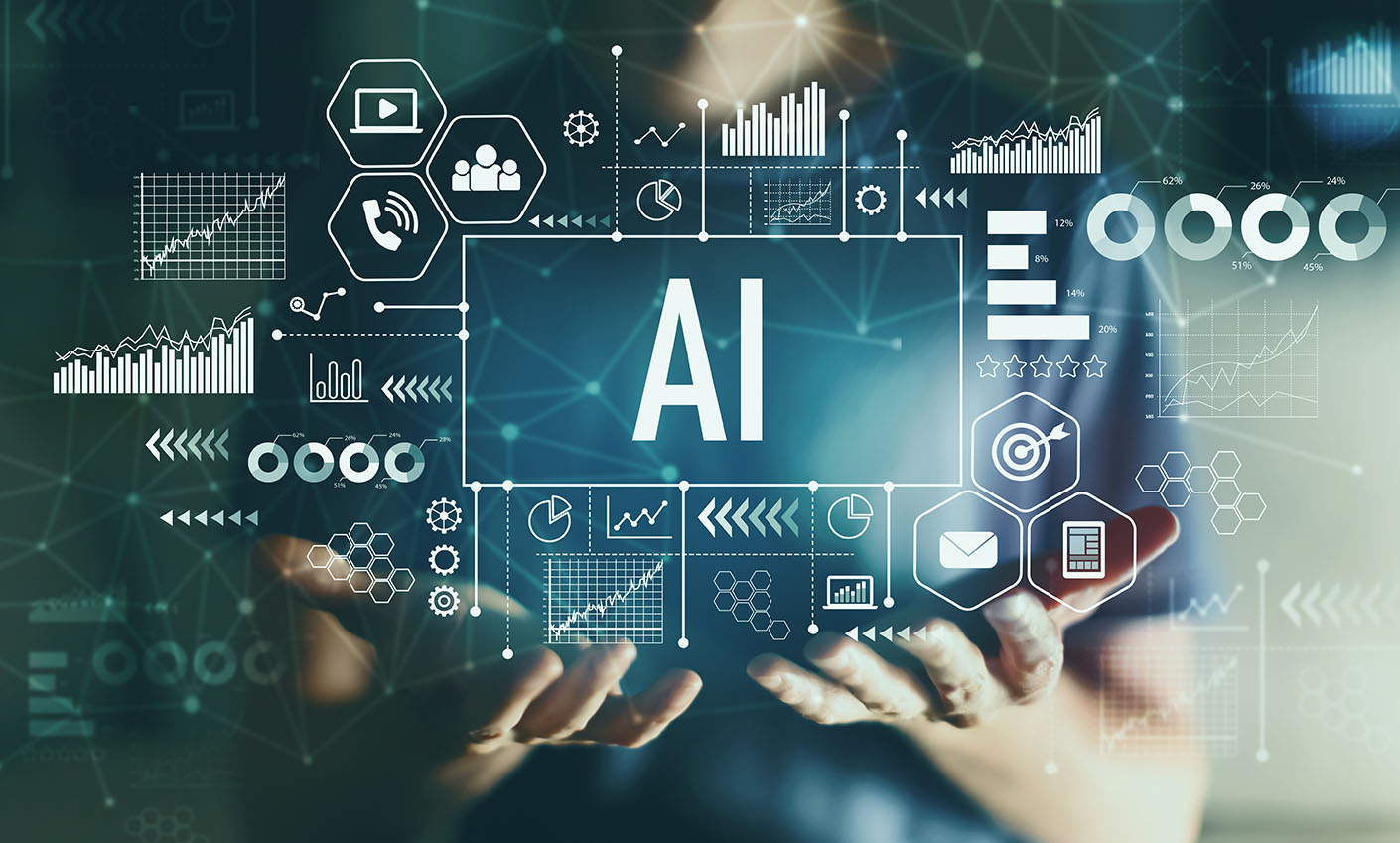The integration of ChatGPT in higher education offers potential benefits for personalized learning and teaching efficiency, but also creates significant challenges including emotional anxiety, ethical concerns, and potential impacts on skill development that require careful pedagogical consideration.
Objective: The main goal of this study was to explore the perceived impact of integrating Generative Artificial Intelligence (GenAI) systems such as ChatGPT into a postgraduate Master of Education program, drawing on the unique dual perspectives of participants who were simultaneously postgraduate students and practicing teachers in England.
Methods: The researchers employed an exploratory sequential case study approach, collecting data through an online survey followed by semi-structured face-to-face focus group interviews. The study involved 11 participants who were both MAEd students and practicing teachers at various educational levels. The survey included 28 items using a 5-point Likert scale and open-ended questions. Data analysis combined descriptive statistics and thematic analysis, guided by two theoretical frameworks: Situated Expectancy-Value Theory (SEVT) and Activity-Centered Analysis and Design (ACAD).
Key Findings:
- Despite limited prior experience with GenAI, participants demonstrated high awareness of ChatGPT's potential limitations, particularly regarding factually inaccurate outputs (M=4.64).
- Time-saving was rated as the most beneficial aspect of ChatGPT (M=4.64), while its potential as an anonymous student support service was rated lowest (M=3.27).
- A notable contrast emerged between participants' views as students versus teachers regarding transferable skills development. As students, they were less concerned about ChatGPT's impact on skills like teamwork and problem-solving (M=2.55), but as teachers, this was their highest concern (M=4.18).
- A surprising finding was the strong emotional anxiety expressed by participants about using AI and GenAI in both academic and personal contexts.
- Equity concerns emerged regarding how literacy and language barriers might prevent some students from effectively utilizing ChatGPT, potentially further disadvantaging already marginalized students.
- Participants valued ChatGPT's ability to offer unique perspectives and insights (M=4.18) in their teaching role but were skeptical of its ability to provide coursework guidance as effectively as human teachers (M=2.00).
Implications: The study highlights the need for a nuanced, pedagogically informed approach to integrating GenAI in higher education. The findings suggest that educational institutions should develop clear ethical frameworks for GenAI use, focus on collaborative approaches that maintain human expertise while leveraging AI capabilities, and address accessibility barriers to ensure equitable access. The researchers propose that educators should reconceptualize GenAI as an exploratory dialogue rather than merely a series of prompts and responses, emphasizing critical engagement and human oversight in AI-assisted learning.
Limitations: The study had a relatively small sample size, particularly with participants from Hong Kong. The convenience sampling approach within the authors' academic networks may have introduced bias. Additionally, the research provides only an early snapshot of perceptions toward GenAI, which will likely evolve as familiarity with and capabilities of these technologies increase.
Future Directions: The researchers suggest future studies should compare GenAI literacy levels among different universities, explore the impact of micro-level factors in more detail, and investigate how different student groups learn in AI literacy programs. They recommend assessing the effectiveness of learning programs designed using their proposed frameworks and expanding research to include more diverse country contexts. Additionally, research should continue to evaluate shifting attitudes toward GenAI adoption as the technology evolves and societal discourse on ethical AI use develops.
Title and Authors: "The impact of ChatGPT on teaching and learning in higher education: Exploring the dual perspectives of participants who were students and teachers" by Michele Fuller and Neil Barnes.
Published On: 2024
Published By: New Directions for Higher Education (Wiley Periodicals LLC)
